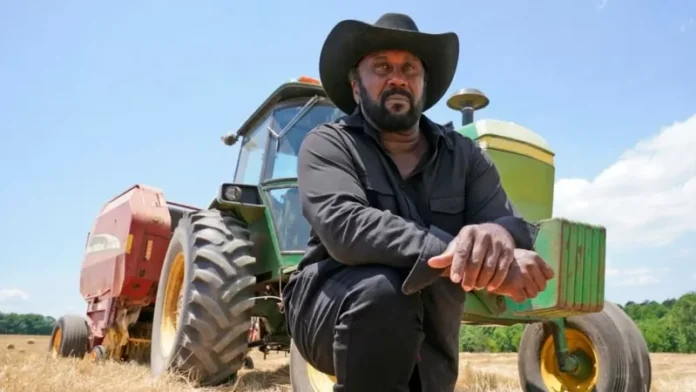COLUMBIA, Missouri — In a long overdue move, the Biden administration has taken a significant step towards addressing the systemic discrimination faced by Black and other minority farmers by announcing the distribution of $2 billion in direct payments. This marks a historic moment for the United States Department of Agriculture (USDA) and for the thousands of farmers who have been denied fair treatment and equal opportunities for far too long.
According to the USDA, over 23,000 farmers have been approved for payments ranging from $10,000 to $500,000. Additionally, 20,000 individuals who had planned to start a farm but were unable to secure a USDA loan will receive between $3,500 and $6,000. The majority of these payments have gone to farmers in Mississippi and Alabama, two states that have a significant number of Black farmers.
USDA Secretary Tom Vilsack emphasized that these payments are not a form of compensation, but rather an acknowledgement of the department’s past discriminatory practices. For decades, the USDA has systematically denied loans to Black farmers, approved smaller loans compared to their white counterparts, and even foreclosed on their properties at a quicker rate. This has had a devastating impact on the livelihoods of Black farmers and their families, and it is time for the government to take responsibility for their actions.
However, while this aid is a step in the right direction, it is not nearly enough. John Boyd Jr., the Founder and President of the National Black Farmers Association, aptly described it as “putting a bandage on somebody that needs open-heart surgery.” The root of the problem lies in the fact that Black farmers have been denied access to loans and resources for generations, leading to a significant wealth gap between them and their white counterparts.
Boyd, who is currently fighting a federal lawsuit for 120% debt relief for Black farmers, highlights the fact that $5 billion for this program was approved by Congress in 2021 as part of the COVID-19 stimulus package. However, this money never materialized as white farmers in several states filed lawsuits arguing that their exclusion from the program was a violation of their constitutional rights. This led to the program being put on hold, leaving Black farmers in a state of limbo.
Facing the possibility of a lengthy court battle, Congress eventually amended the law and expanded the program to include a broader group of farmers. As a result, $3.1 billion has been allocated to help farmers struggling with USDA-backed loans, and an additional $2.2 billion will be used to compensate farmers who have faced discrimination from the agency.
One such farmer is Wardell Carter, whose family has been farming in Mississippi since 1939. However, despite owning 34.4 hectares of land, they have never received a loan from the USDA. In fact, Carter recalls loan officers slamming doors in his face and even having the police called on him for persisting in his pursuit of a loan. Without proper financial support, his family was forced to use a horse and mule for farming, limiting their profits significantly.
When they were finally able to secure a bank loan to buy a tractor, Carter was shocked to find out that the interest rate was a staggering 100%. This is just one example of the blatant and degrading discrimination that Black farmers have faced at the hands of the USDA. John Boyd Jr. shares similar experiences, including having his loan applications torn up and being called racial epithets during loan meetings.
Despite facing such adversity, Carter and his family have not given up on their dreams of farming. Now, at 65 years old, he is unable to work the land himself, but he hopes that through the USDA program, he can prepare his property for his nephew to take over. The family plans to use the money to buy a tractor and other necessary equipment to increase their farming capacity and profitability.
This is not just about receiving financial compensation; it is about reclaiming the land and opportunities that have been unjustly taken away from Black farmers. It is about creating a more equitable and just farming industry for future generations. As Boyd puts it, “We want our land, and I want to be very, very clear about that.”
In conclusion, the Biden administration’s decision to distribute $2 billion in direct payments for Black and other minority farmers is a significant step towards addressing the long-standing discrimination faced by these farmers. It is a recognition of the injustices they have endured and a commitment to righting the wrong

